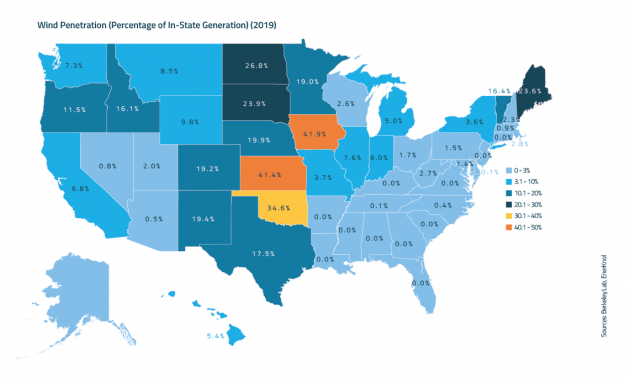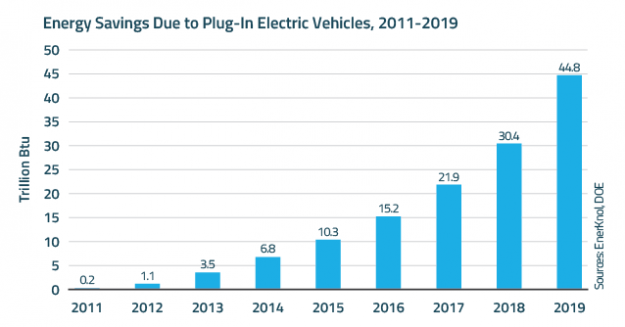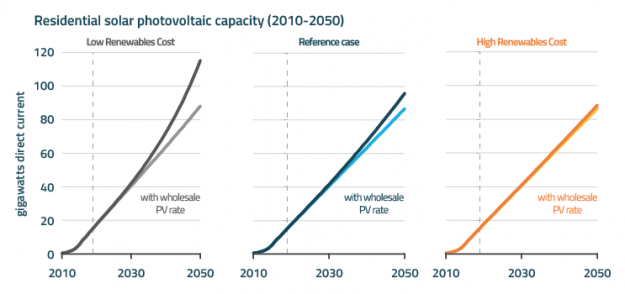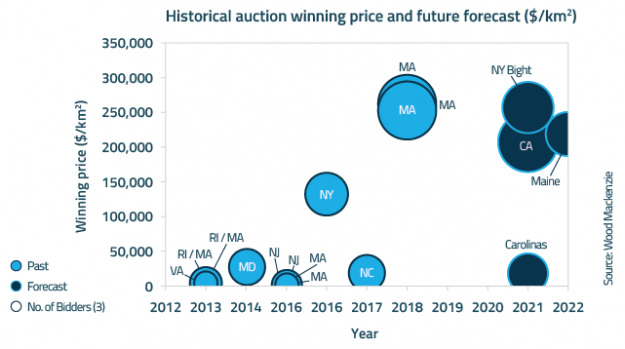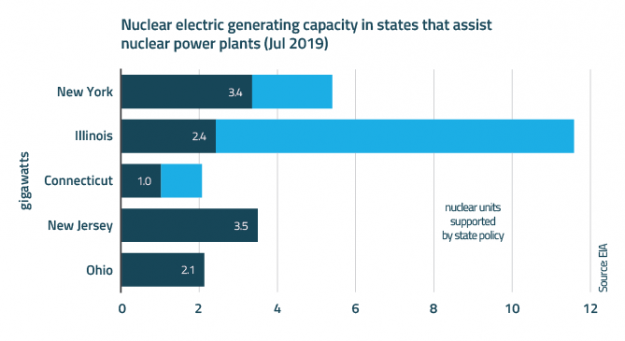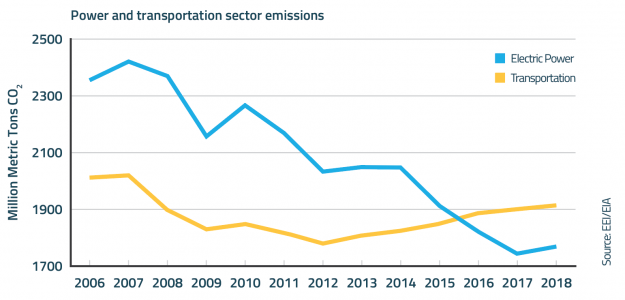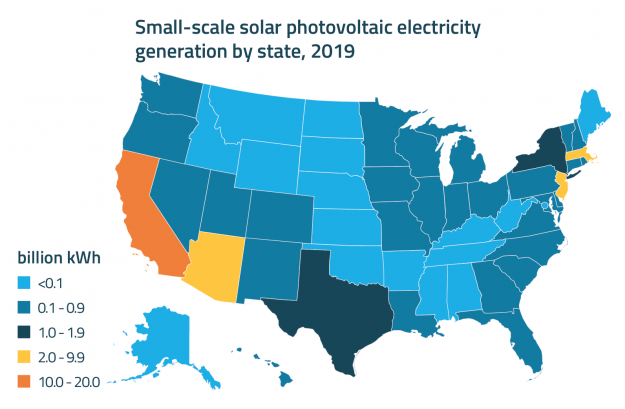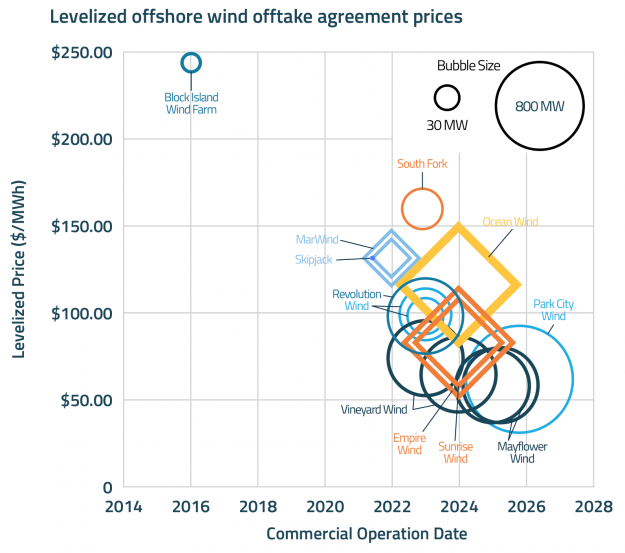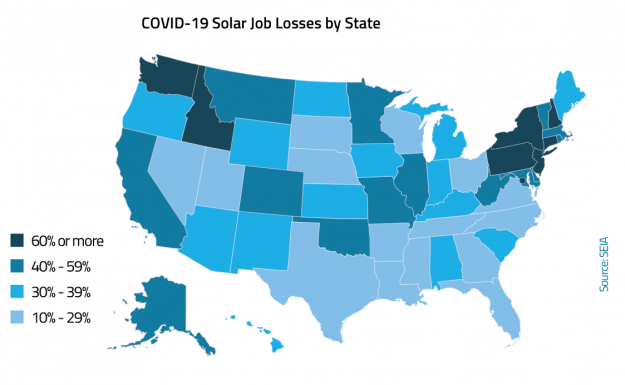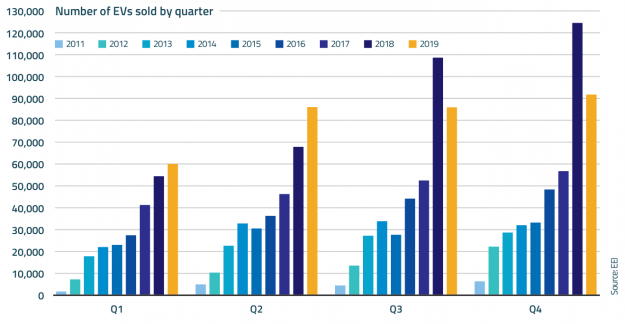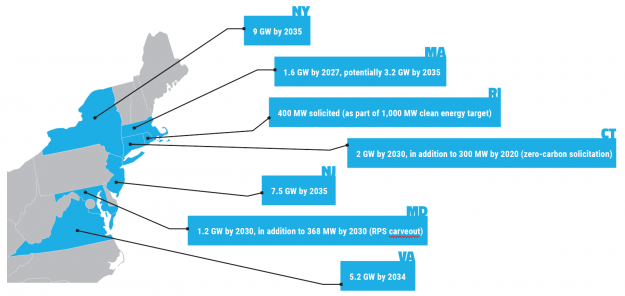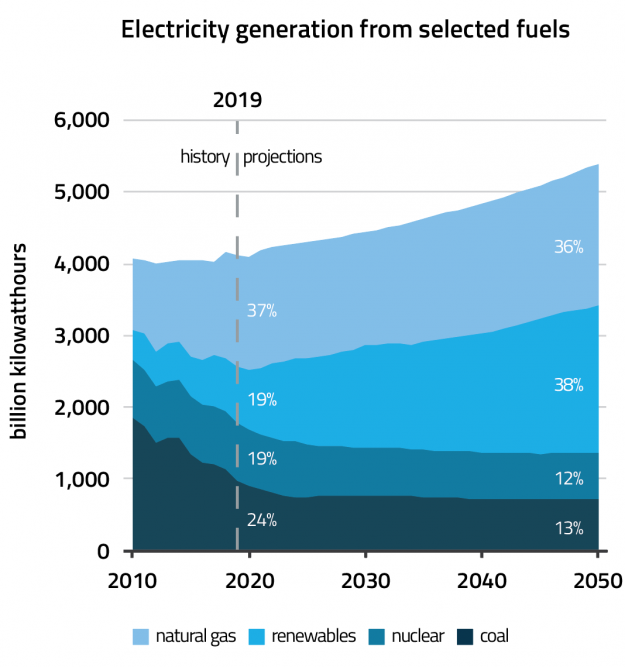Visual Primer: U.S. Wind Industry Defies COVID-19 Impacts and Shows Rapid Growth Driven by Clean Energy Goals
The growing demand for renewable energy to meet state and utility goals is driving the rapid expansion in the U.S. wind power market. The sector emerged as the top provider of new power generation capacity in 2019, adding about 9.1 gigawatts of large-scale projects.
